Speeches Shim
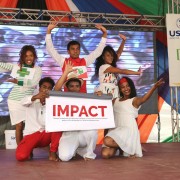
The United States government has introduced its second major health program of the year, officially launching activities for the Improving Market Partnership and Access to Commodities Together (IMPACT) program, in partnership with Madagascar’s Ministry of Public Health.
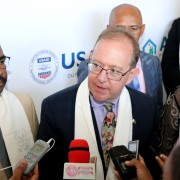
The U.S. Government, through the U. S. Agency for International Development (USAID), together with Madagascar’s Ministry of Public Health has officially launched the Accessible Continuum of Care and Essential Services Sustained (ACCESS) Activity —a five-year, $90-million health program that aims to improve and expand health services for the Malagasy people.
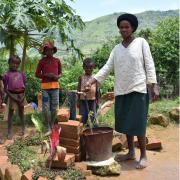
In the village of Sabotsy Anjiro in Madagascar, a simple water tap installed outside Voahangy Rasoanantenaina’s door has changed her life. “Before the fountain, I had to get water from the public pump, a half-hour walk away,” said Voahangy, who has four children. “Having to do that twice a day meant that I lost two hours trying to access water and carry it home." “Now, the fountain is right in front of my home, and I can get as much water as I need, whenever I need it,” she said.
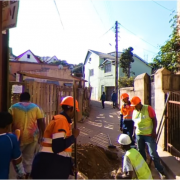
On the outskirts of Madagascar’s capital city, Antananarivo, getting enough water every day can be a difficult task. The national water utility JIRAMA is extending the water network out to people living in informal settlements, thanks to support from the Water & Development Alliance (WADA), a partnership between USAID and Coca-Cola.
Watch the full video: https://youtu.be/39me9Wty4Bw
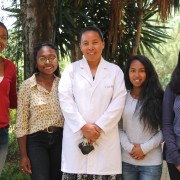
Dr. Bako Harisoa Ravaomanalina, believes women are becoming scientific leaders in Madagascar. She is a researcher at the University of Antananarivo, a USAID-Partnerships for Enhanced Engagement in Research (PEER) grant recipient and is building a reference library for Malagasy rosewood, palissander, and ebony. She recently sat down with us to discuss her project and how more and more Malagasy women are making their mark in science.


![Cover: Paradise Lost? Lessons from 25 years of environment programs in Madagascar - Click to read publication [PDF, 3MB] Cover: Paradise Lost? Lessons from 25 years of environment programs in Madagascar](https://2017-2020.usaid.gov/sites/default/files/styles/732_width/public/nodeimage/paradise_lost_0.jpg?itok=klue3vb3)
Comment
Make a general inquiry or suggest an improvement.